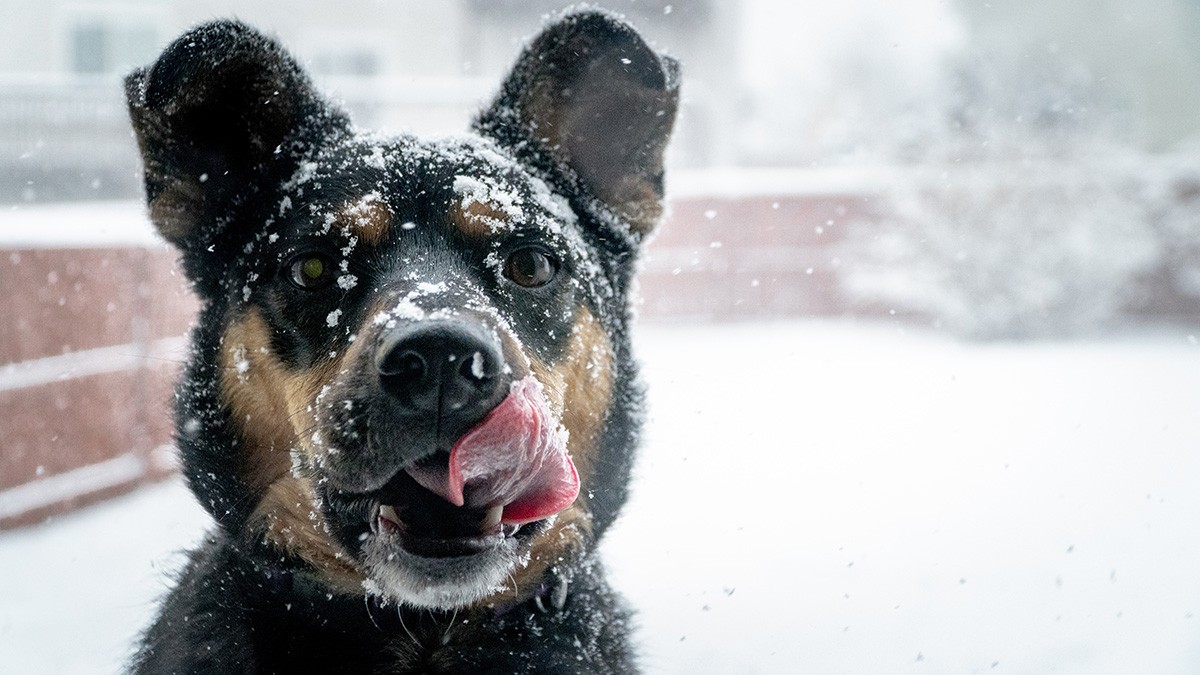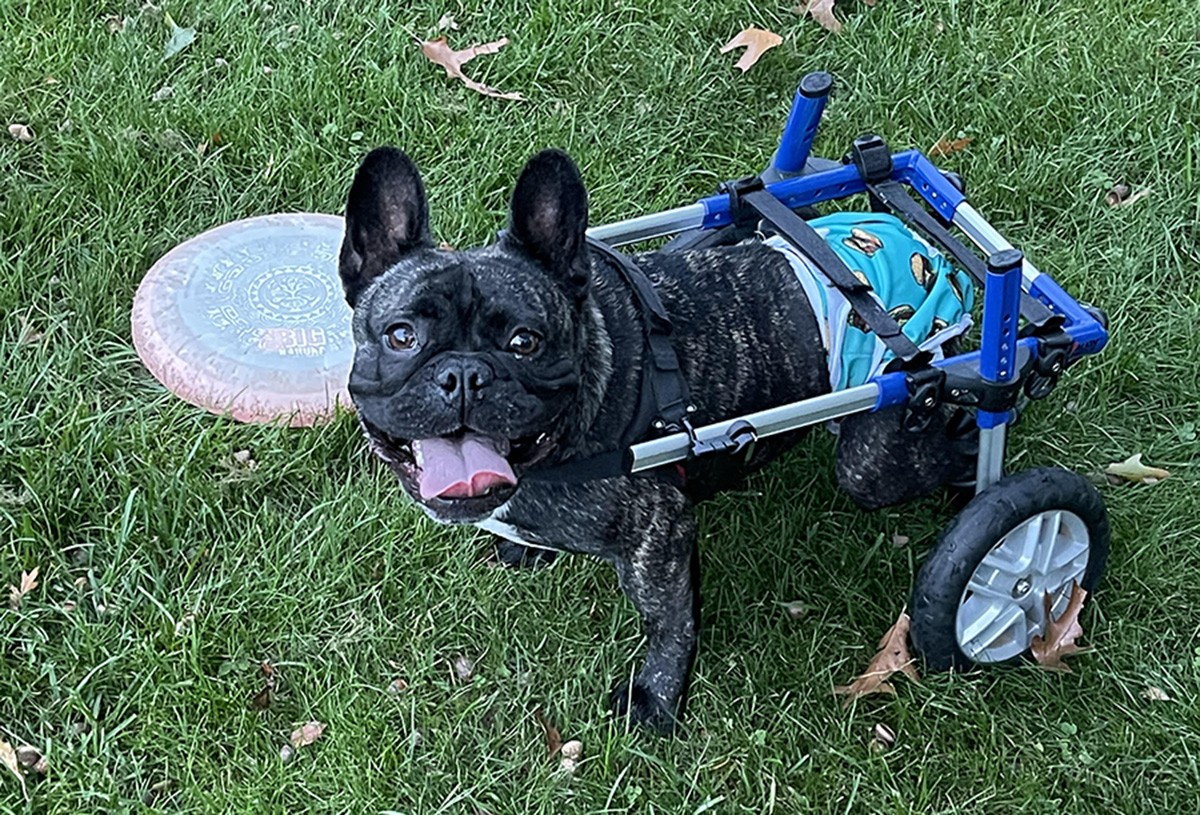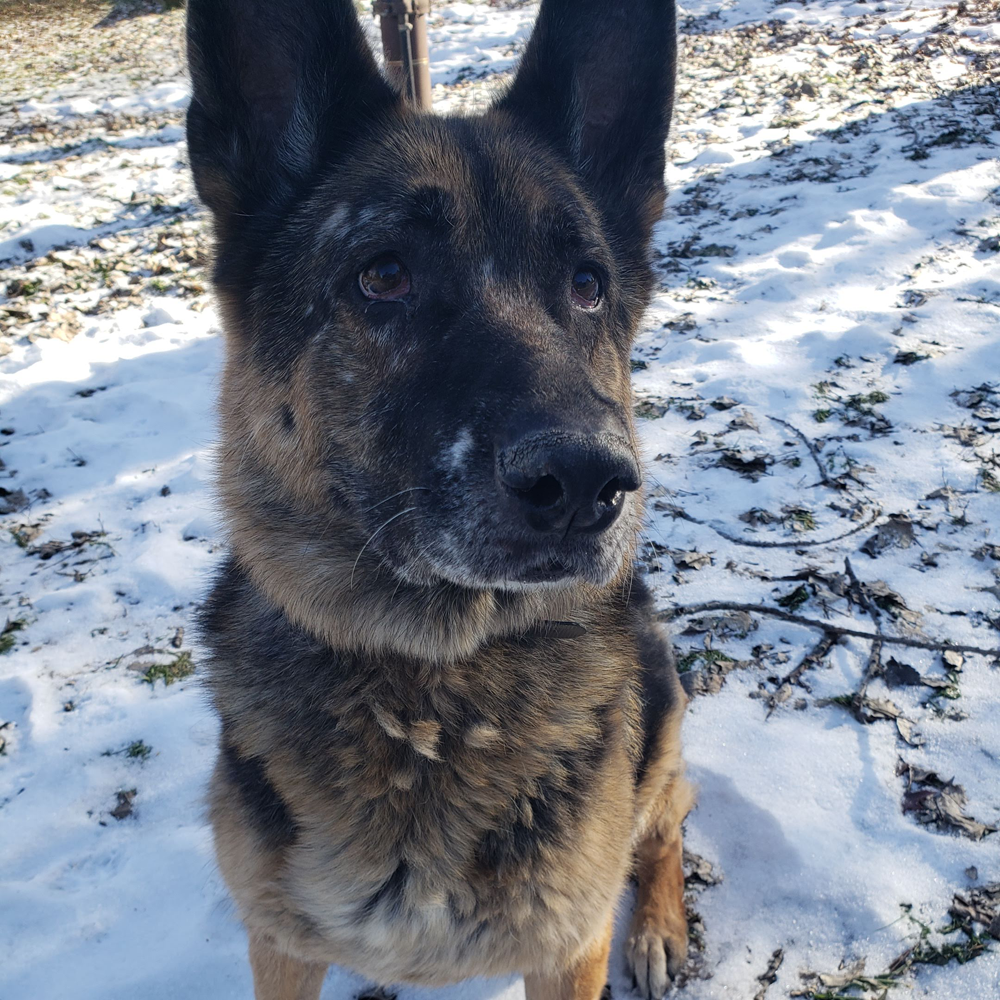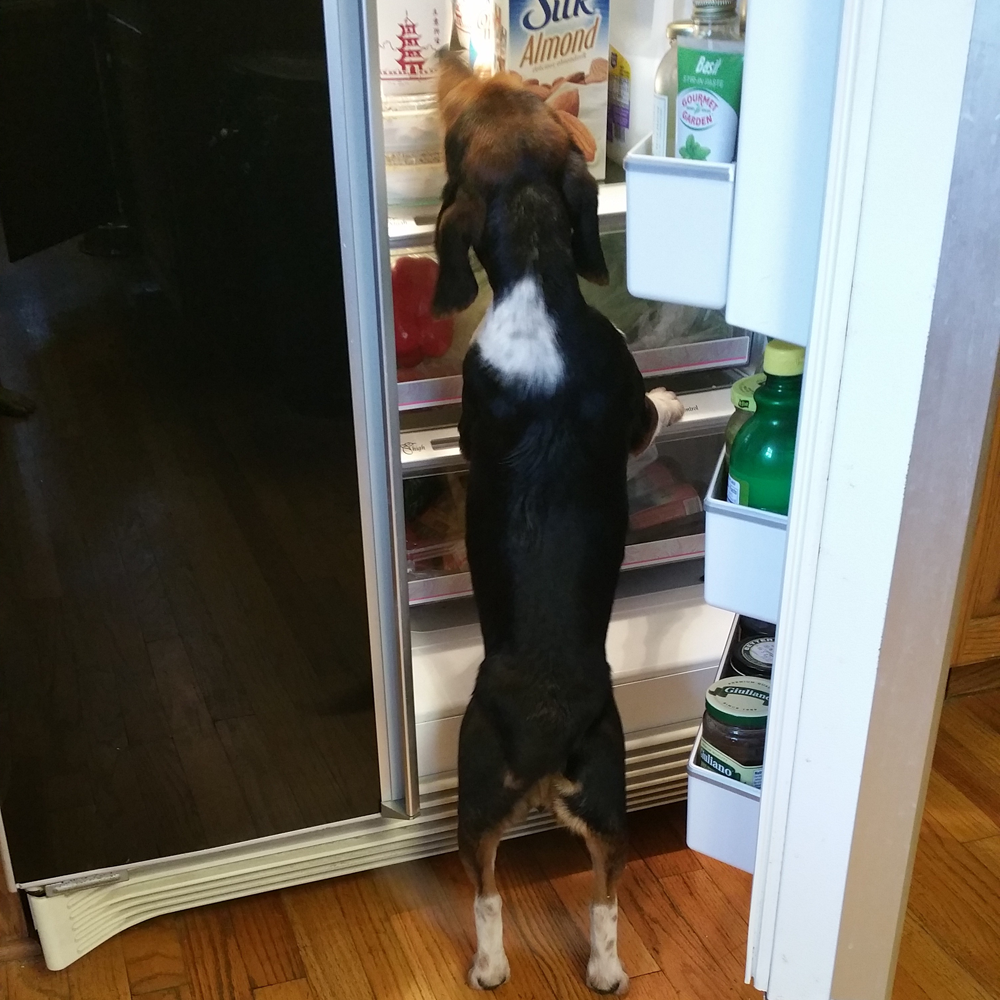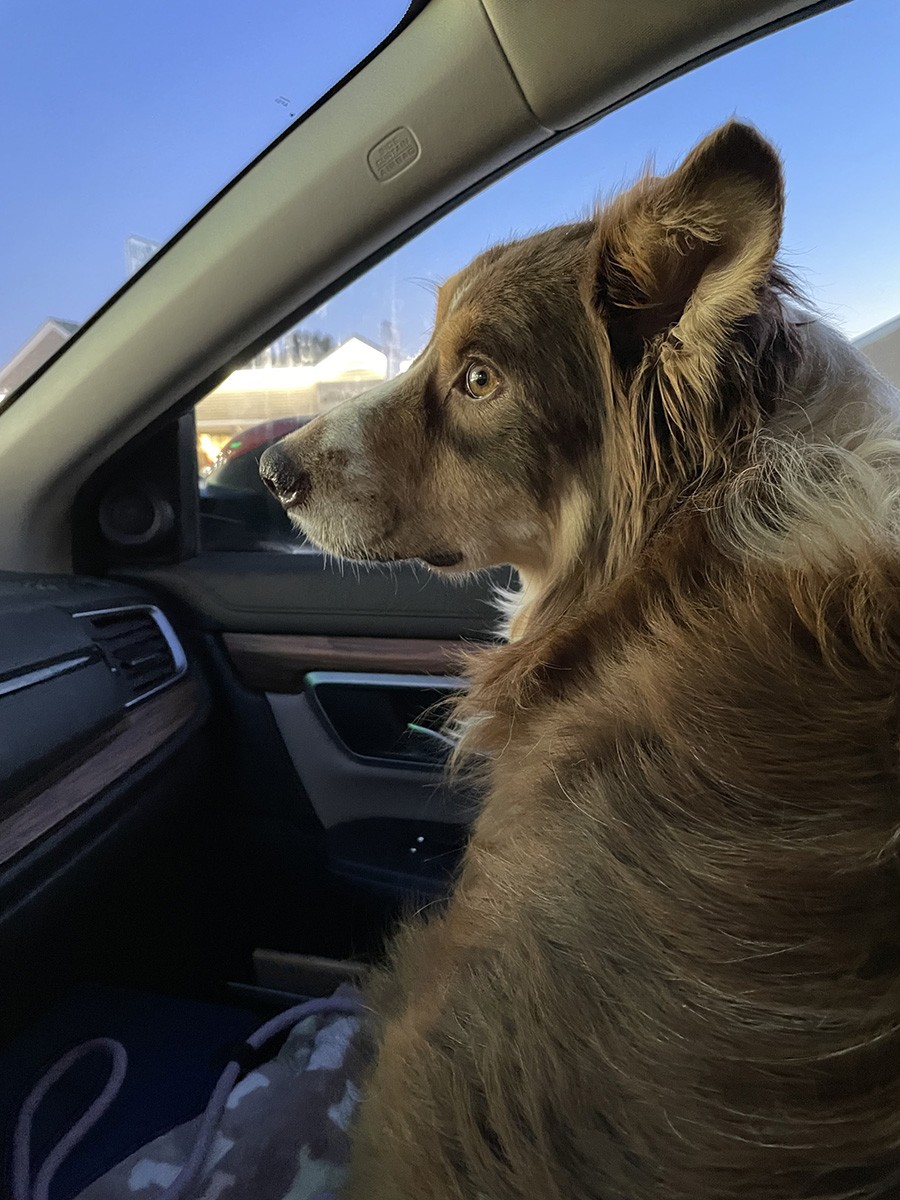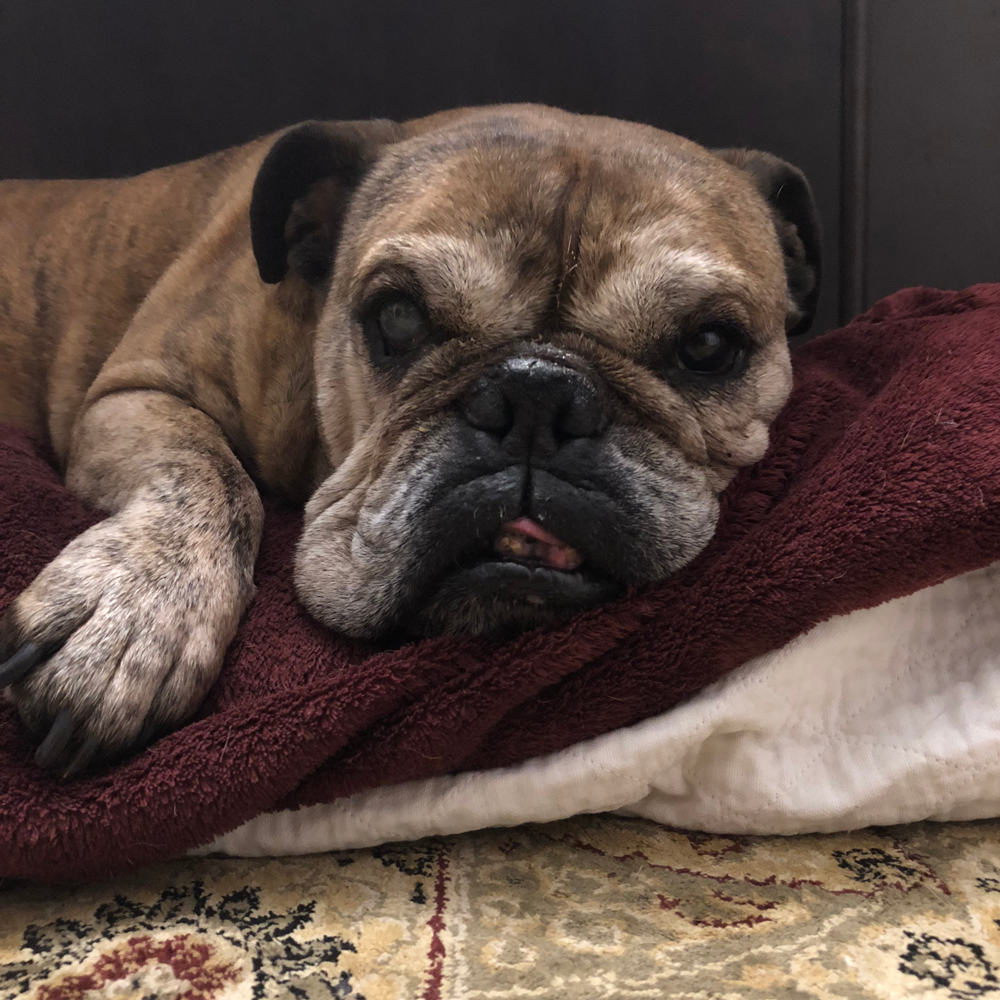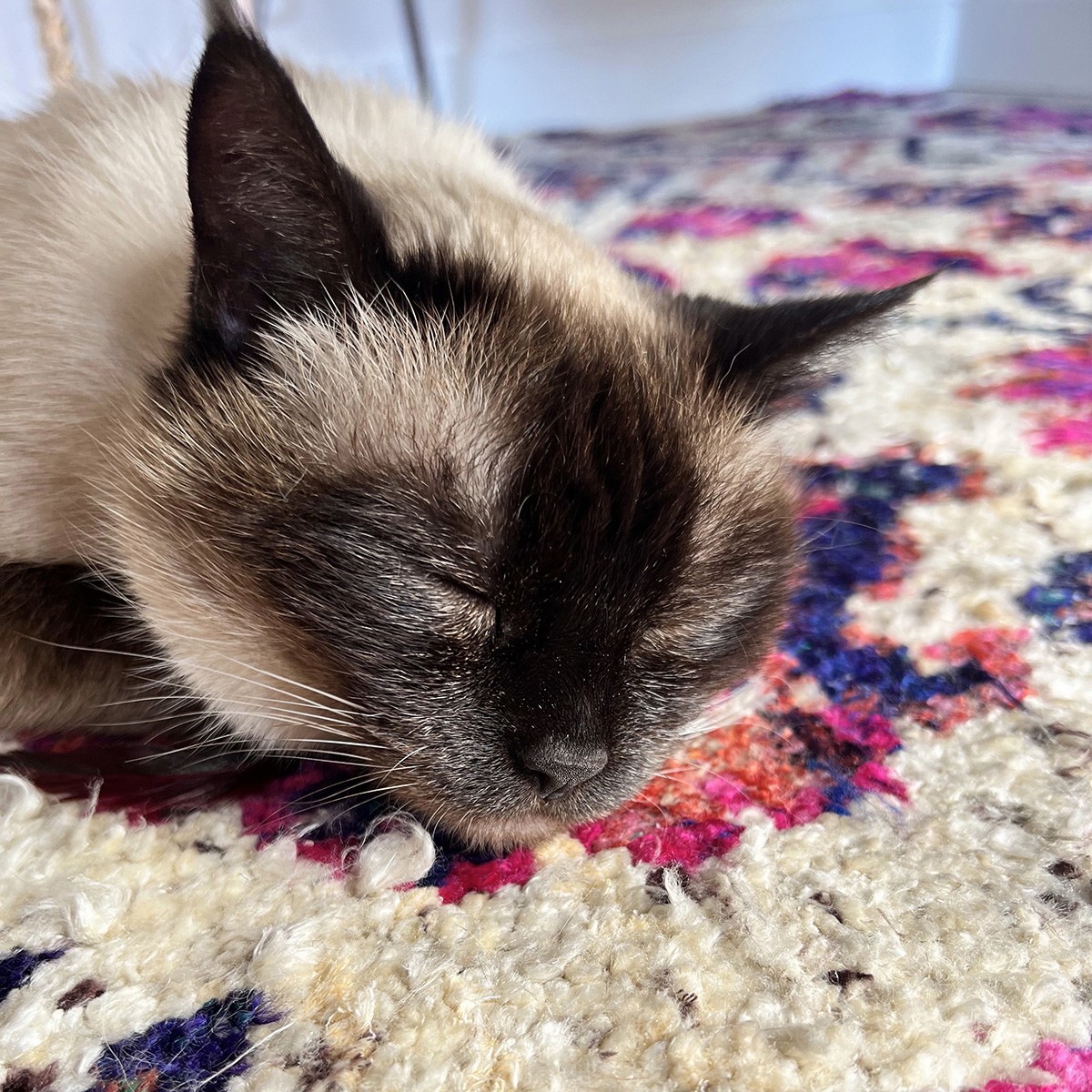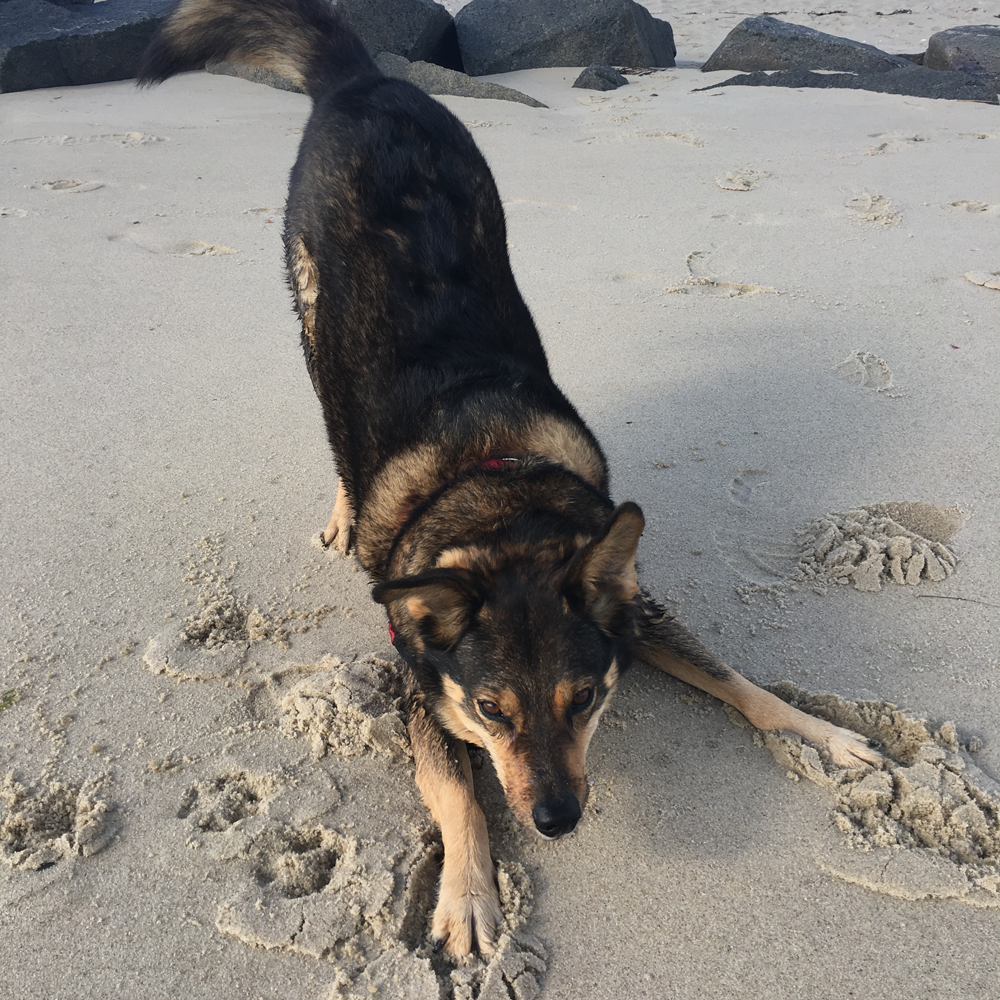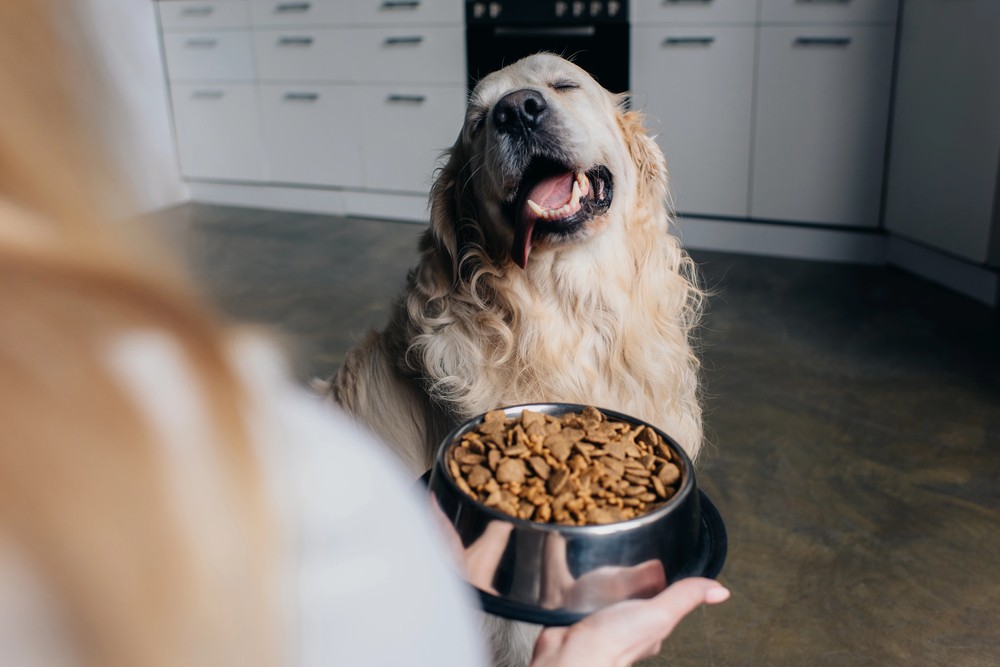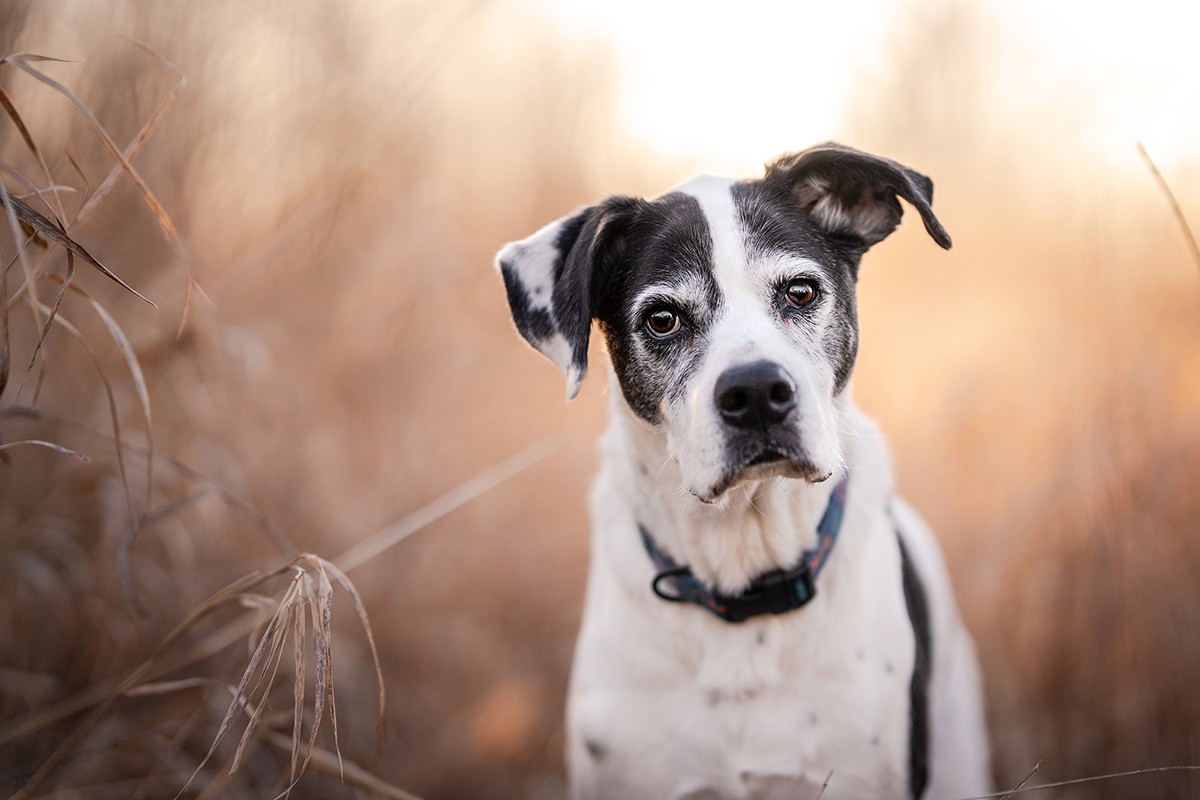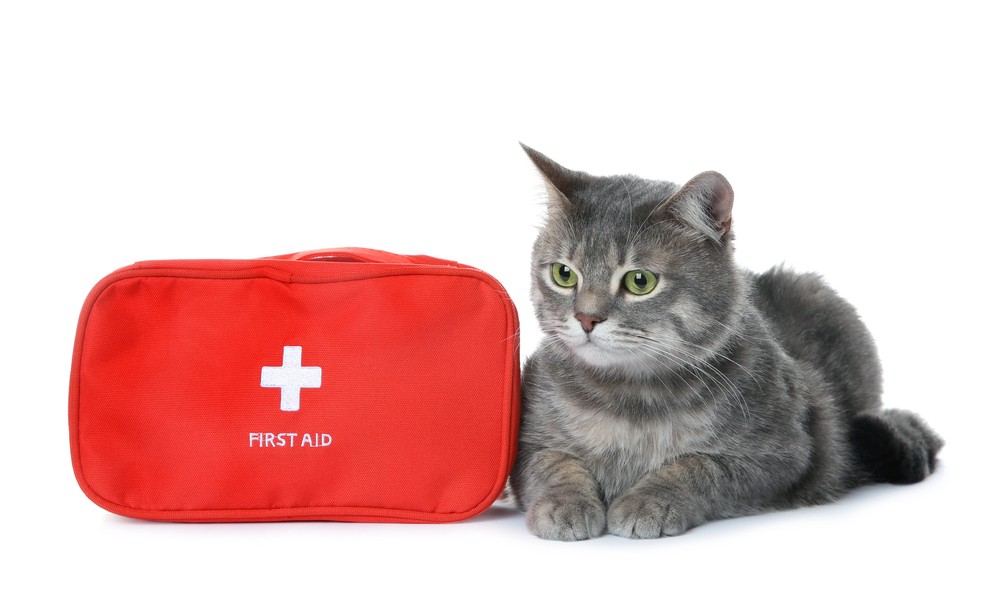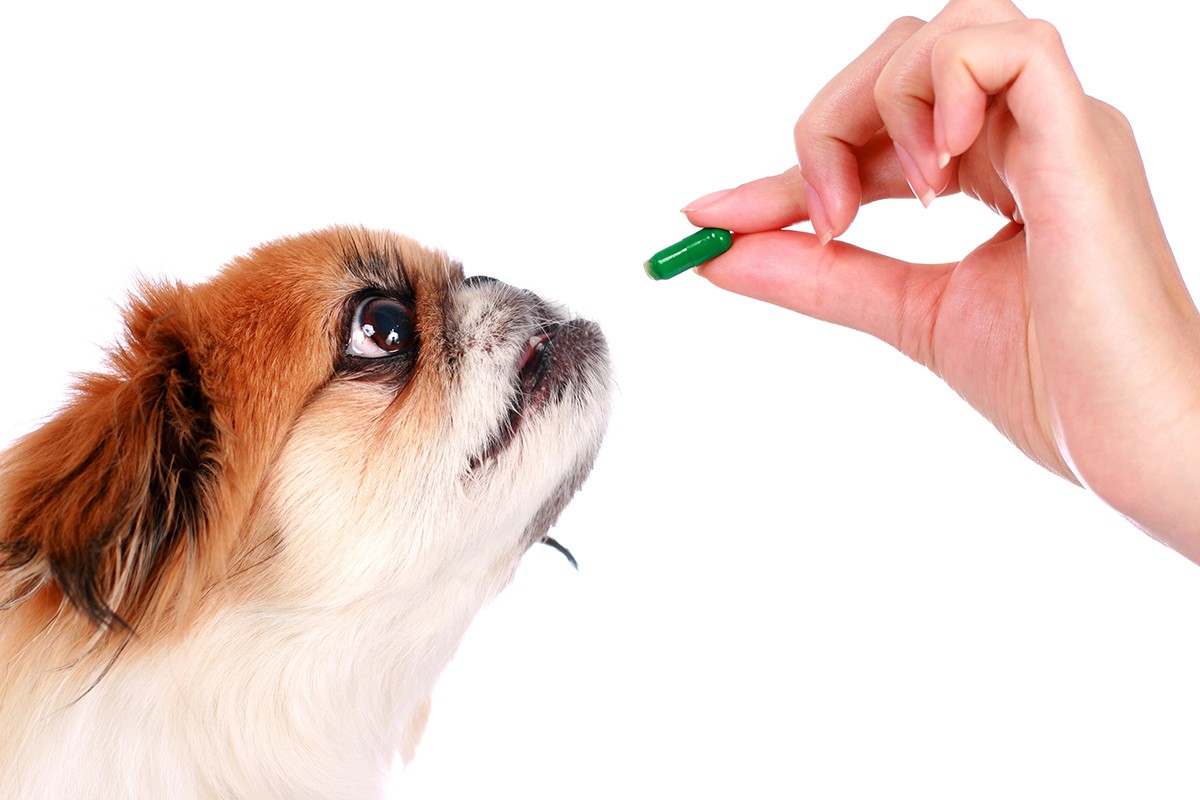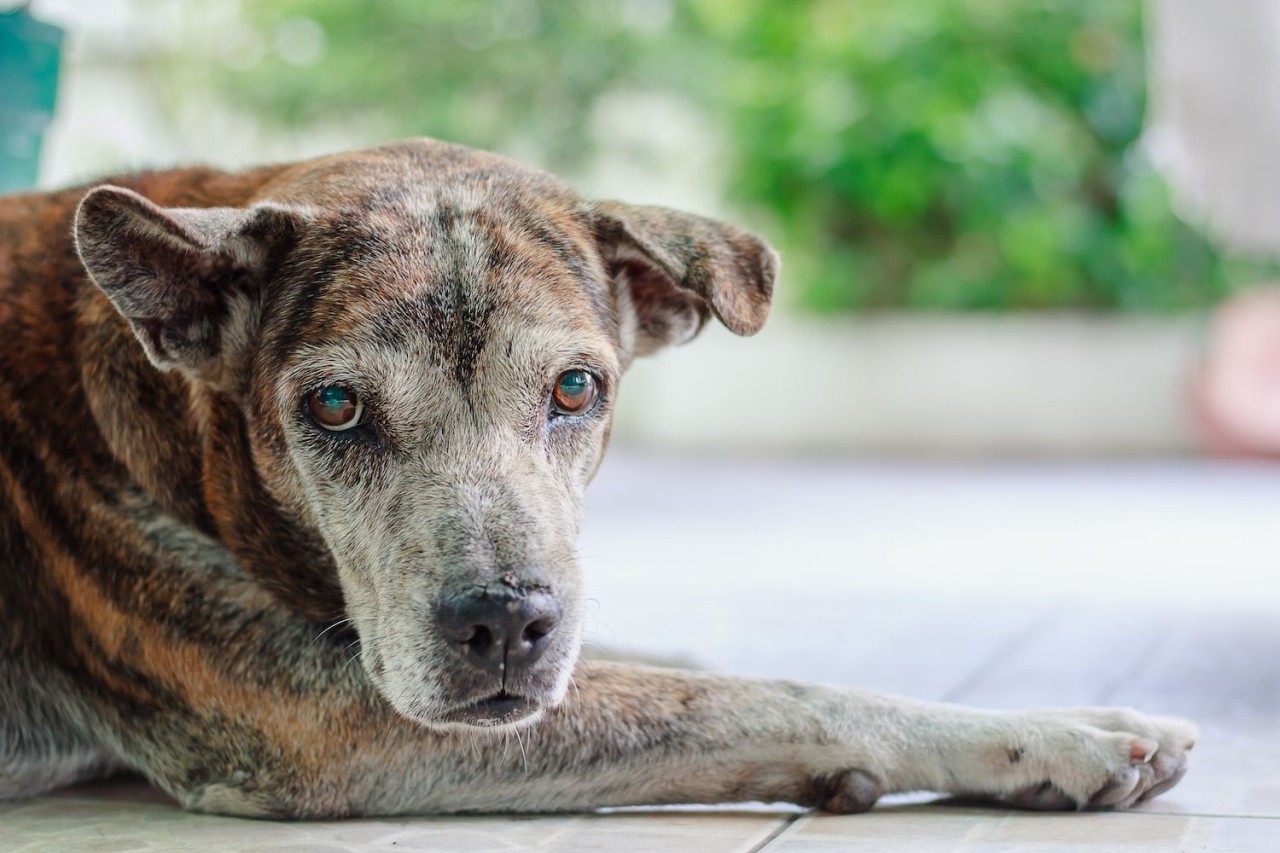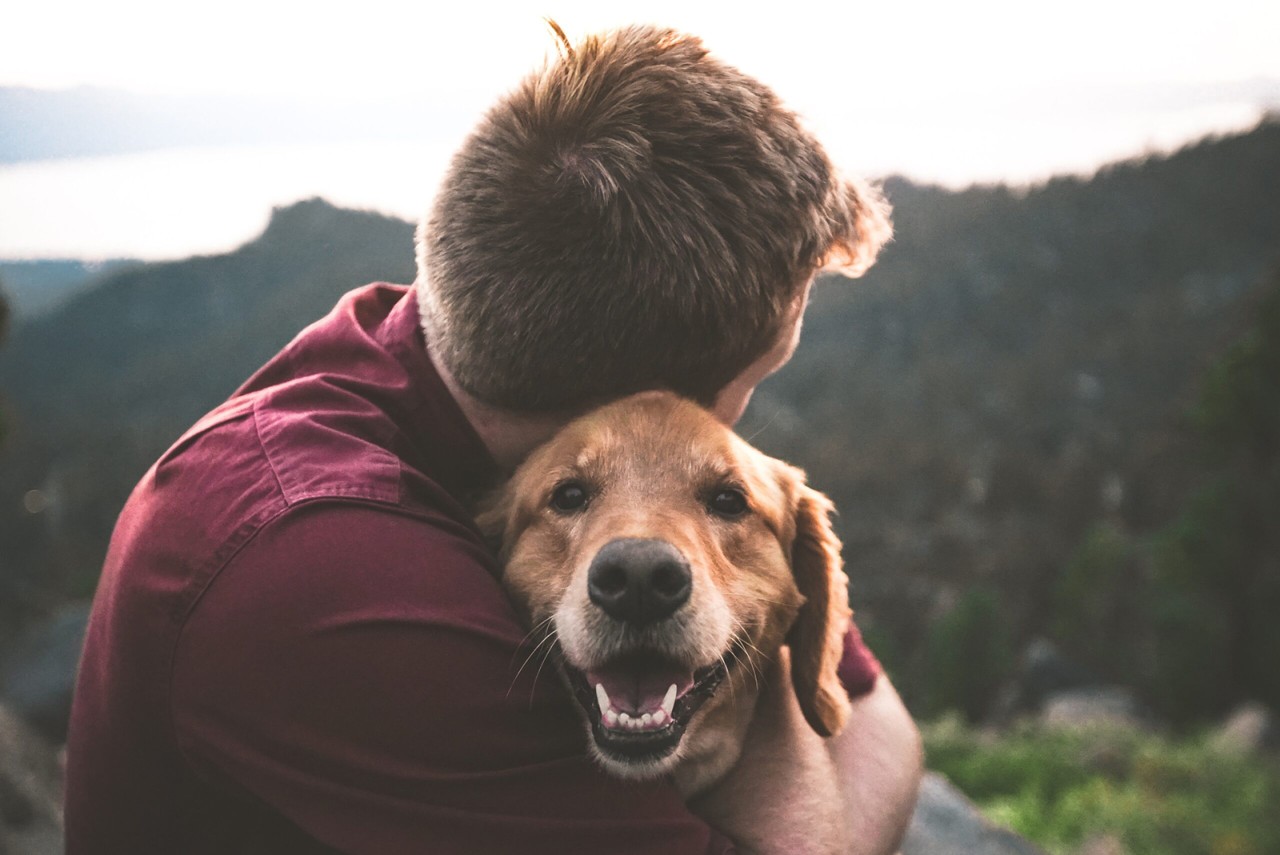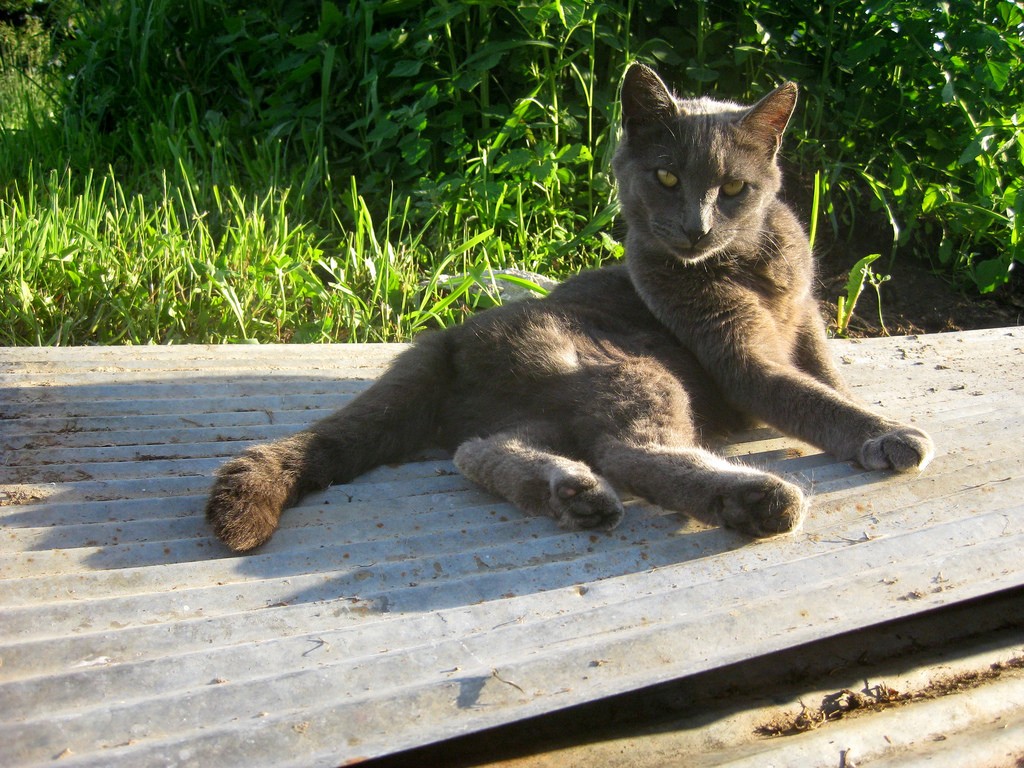What veterinarian or veterinary practice to choose for a beloved pet is a major life decision. In fact, it can be agonizing. Many individuals spend more time and effort on their pet's health than their own! When you consider the decision of a traditional, stationary vet practice versus a mobile vet, you can see some pros and cons to each. A traditi...
Winter is an inevitable part of living in Vermont. And if you own a pet, winter is part of their lives, too. It's important to remember that animals won't always tell you what they need – just because they go outside in the snow without a hat doesn't mean they're not cold. Here are some things to keep in mind as you consider your pet's needs throug...
Lincoln Vaillancourt is a 3-year-old French Bulldog with big eyes, big ears, and an even bigger smile. He and his sister Stella were some of our first concierge clients and certainly the bravest. Lincoln first joined his family on February 10th, 2019, when he was just 8 weeks old. His parents already had his sister Stella and while there may have b...
Winter is almost here and exposure to winter's dry, cold air and chilly rain, sleet, and snow can cause chapped paws, icy noses, and itchy, flaking skin. Here are a few tips to make your pet as comfortable as possible. Vermont is beautiful in the wintertime, the snow is glistening and the skies are so clear but winter can also be dangerous. It can ...
Winter always brings certain challenges when it comes to caring for your pets. Holidays can make everything even trickier. Lots of in and out guests, travel plans, special foods being shared, and unique threats beyond the cold. It's best to think ahead when it comes to your furry family members and make sure they are just as happy as you are during...
Making homemade dog treats is just as easy as making cookies for you and your family. In fact, they're prepared in almost the same way. Of course, the biggest benefit is that your furry friend will love these homemade treats! But beyond that, you also know exactly what is going into the treats and how it will impact your pup's health. Here are a co...
Holiday shopping can be difficult for the senior pet who has everything—a new tennis ball or cat tree may have wowed them during their younger years, but your aging pet's interests and physical abilities have changed. Show them your love hasn't changed—here are six age-appropriate holiday gifts that both practical and playful-minded senior pets wil...
Traveling with your senior pet pal can be a great way to bond and grow closer. But, bringing your older pet along will require forethought and planning. These 10 tips will help you plan a successful trip with your favorite travel buddy. 1. Schedule a pre-travel veterinary appointment for your pet Before traveling, plan a discussion with your veteri...
As your pet reaches geriatric status or is diagnosed with a terminal illness, you may begin thinking about the inevitable. How do you plan to celebrate your pet's life after their passing? Memorializing your cherished companion is very personal, but the decision may overwhelm you during your time of grief and sorrow. As a starting point, consider t...
The pancreas is a small but essential organ adjacent to the stomach, with endocrine and exocrine functions. The endocrine pancreas produces numerous hormones, including insulin and glucagon, the two hormones that regulate blood sugar levels. The exocrine pancreas produces inactive enzymes, which travel through the pancreatic duct to the small intes...
Thinking about creating a bucket list for your beloved pet can be difficult, but such a list allows you to spend precious time focusing on making memories with your furry companion. Many pet owners start bucket lists once a senior pet reaches their final days, or after they've been diagnosed with a terminal condition, such as untreatable cancer. If...
You want to do everything possible to preserve your senior pet's health, and helping them maintain a healthy weight is one of the best ways to keep them healthy, happy, and comfortable. Excess weight can enhance aging effects on your pet's body, place additional strain on painful joints, and make diseases such as diabetes and heart failure more lik...
Losing your pet can be devastating for you and your family, but there are ways to make the transition easier. One of the best ways to heal from loss is to feel your pet has been memorialized. Memorializing pets is very important to us at Paws at Home. From the paw prints and fur clippings we offer at appointments to the tribute page we have on our ...
As a senior pet owner, you know your greying companion has become less resilient, and conditions that were previously not concerning now may require immediate emergency care. While some situations in your senior pet present clear red flags, others can be difficult to assess whether a trip to the emergency room is required. Here are eight situations...
As your pet ages, they are more likely to develop a health problem that requires medication administration, perhaps on a daily basis. Giving medications to your pet can be a hassle. And, your pet may begin to think of you only as the person who chases them down each day to shove a pill down their throat, which may fracture your trusting relationshi...
Watching your beloved senior pet have a seizure can be extremely unsettling, particularly during their first seizure. Their uncontrolled movements and odd behaviors can be downright scary. Unfortunately, seizures are related to many medical conditions that commonly affect senior pets, including: Epilepsy Brain tumors Liver disease Kidney failure Di...
By the time your pet becomes a senior, you've spent many years loving their every version—through puppyhood when no piece of furniture was safe, into adulthood, as you learned to appreciate their unique personality and neuroses, and now as a senior, whom you love more than ever. A senior pet is truly a privilege, and it's no wonder pet owners want ...
Whether your New Year's resolutions include getting fit, reorganizing your closets, or drinking a gallon of water each day, don't forget to include your senior pet in your initiatives. Your pet relies on you for their health and happiness, and chances are their daily routine could be improved. A new year is a perfect time to evaluate your pet's die...
When your pet was a pup, they could play all day in the hot sunshine, never seeming to pant more than normal. However, the older your pet gets, the more they seem affected by extreme weather conditions. They shiver more in the cold and seem to shun blazing temperatures and humidity, seeking out your cool, air-conditioned home. Although you may thin...
If you think your pet has ingested a toxin please call the ASPCA Animal Poison Control Help Line at (888)426-4435. Although your senior pet is no longer a mischievous puppy or kitten, they still investigate their environment with their nose and mouth and may encounter a pet toxin that is too tempting to pass up. Toxicity in your senior pet can be d...



